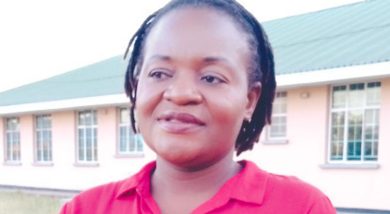Dzaleka faces 50% funding cut
World Food Programme (WFP) has reduced by 50 percent assistance it renders to over 51 000 refugees at Dzaleka Refugee Camp due to funding constraints.
A statement announcing the decision yesterday said the move will affect thousands of refugees at the camp who face numerous challenges such as inadequate food and shelter.

The international organisation has been providing cash assistance to the refugees at the camp and other forms of assistance to, among others, meet the minimum recommended energy needs of 2 100 kilocalories.
“However, due to chronic funding shortfalls, WFP has been forced to provide reduced rations since 2020.
“WFP has no choice but to reduce assistance further, potentially leaving thousands of refugees struggling to meet their nutritional needs,” reads part of the statement.
Following the reduction in cash assistance, refugees will now be receiving a cash allowance of $5.90 (about K6 300) which is barely enough to cover an individual’s monthly food requirements.
Against this background, the WFP is appealing for $6.3 million to reinstate the food rations to current levels until June 2024.
WFP Malawi acting country director Simon Denhere is quoted in the statement as having said the assistance cuts will affect the most vulnerable, including malnourished children, pregnant and breastfeeding women and those with underlying health conditions.
“We are worried that the reduction in food rations will exacerbate an already dire food security situation and increase hardships among refugees residing in Dzaleka Refugee Camp,” he said in the statement.
Meanwhile, the overall state of food security and nutrition at Dzaleka has been deteriorating, mainly due to rising food prices, a surge in the number of refugees at the camp and their return following Malawi Government’s policy.
Ministry of Homeland Security in recent months embarked on a relocation of the refugees which received mixed reactions from various stakeholders, including civil society organisations who condemned the exercise, describing it as being inhumane.
The relocation exercise was being done as part of the government’s encampment policy which restricts refugees from certain rights such as living outside the camp, access to tertiary education and formal employment.
Food security assessments conducted in January found that nine of every 10 refugees surveyed at Dzaleka Refugee Camp, an equivalent of 45 000 people, are food-insecure and need urgent assistance.
Dzaleka Refugee Camp holds about 52 678 refugees and asylum seekers. According to the United Nations High Commission for Refugees, the camp receives an average of 300 new arrivals monthly.





